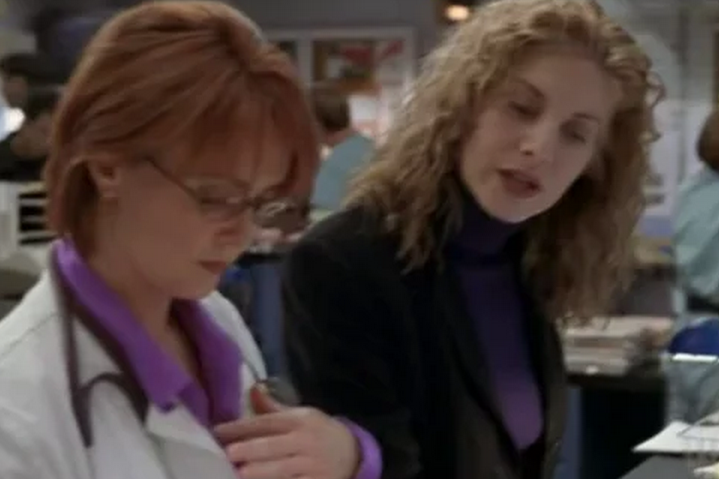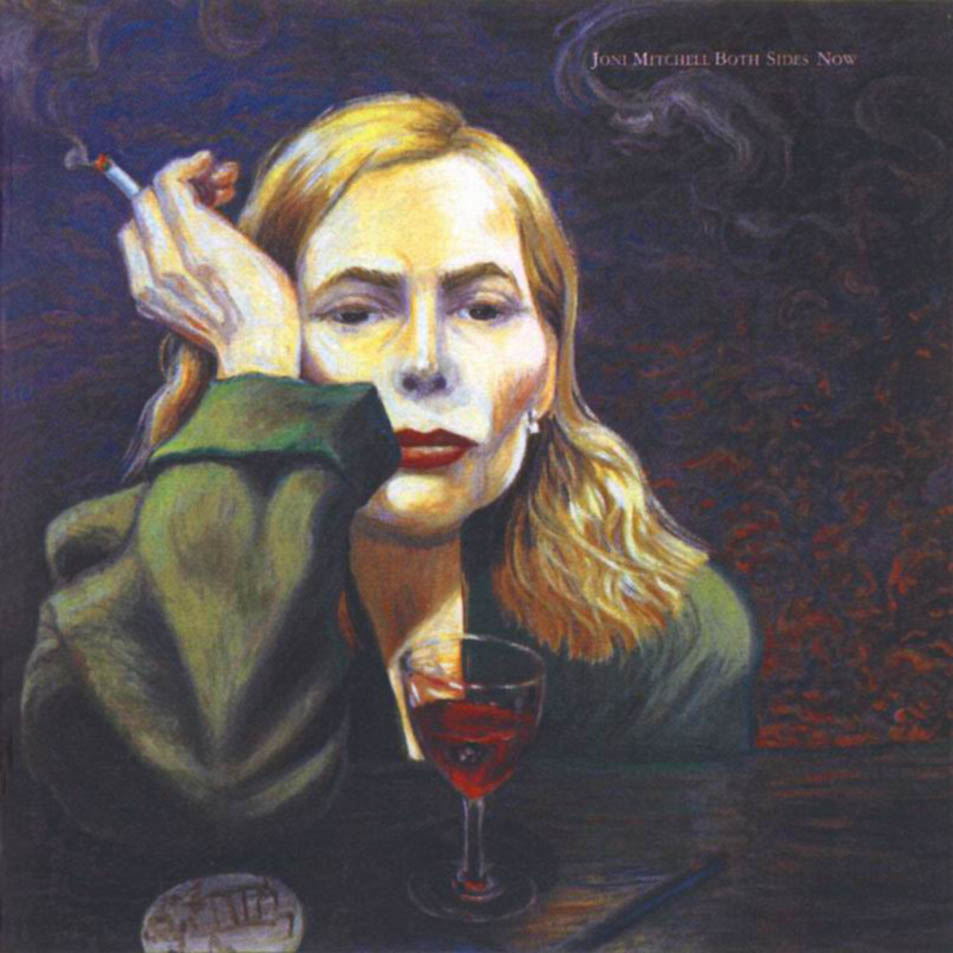
“I don’t want to get into the ‘poor me’ syndrome,” she told Mojo in 1994, “but the 80s for me were like being a prisoner of war, what with the physical and mental pain and general climate of mistrust.” The Canadian songwriter also became increasingly incensed by the Reagan-style conservatism permeating the US, where she was living, and the grifter mentality it enshrined: the “snakebite evangelists and racketeers / And big wig financiers”, as she put it in the title track of Dog Eat Dog. Mitchell slowed down and kept a lower profile during the 80s, in part due to challenges in her personal life: a prolonged lawsuit with her housekeeper, litigation with the state of California over sales tax on her master recordings, a car accident, a dentistry mishap she often likened to being “butchered”. In these records, Mitchell refashioned her artistic compass towards the future and reaffirmed her status as a fearless composer. And while the indifference to her 1980s work isn’t surprising, given the “me decade” obsession with new sounds and new faces over old ones, it’s unfair to write off these three albums as missteps. This perspective was a marked change from the 1970s, when a prolific and highly visible Mitchell was lauded for singular work such as 1971’s landmark confessional Blue and 1974’s exquisite Court and Spark. Mitchell inhabited a persona that scanned as authentic … performing with John Sebastian, Stephen Stills, Graham Nash and David Crosby at the Big Sur folk festival in 1969. The result was a generation of fans who grew up with a very different take on Mitchell: she wasn’t a vibrant auteur pushing boundaries, but a musician in a perpetual victory lap celebrating an elusive return to form. In subsequent decades, this fall from grace made it easier for the press to entrench a narrative that Mitchell’s 80s were an aberration or detour – an assertion reinforced after 1994’s minimalist jazz-pop effort Turbulent Indigo, dubbed by the Los Angeles Times “her best overall album in a good decade and a half”, won a Grammy for best pop album. “I felt like Garbo when they didn’t want her to be in talkies,” she told Rolling Stone. While the video for Good Friends aired on MTV – the stop-motion whimsy even predates Peter Gabriel’s much-lauded Sledgehammer clip – she wasn’t receiving the kind of sustained rotation of her peers. She retreated from touring after a lengthy 1983 jaunt.

The 1980s were a decade in which Mitchell’s presence and influence were markedly diminished after she had towered over the previous two decades. The album was one of her least popular yet. The title track feels like a lost Police A-side, while other songs incorporate scorching riffs, vivacious drums and sharp lyrics: “You could charm the diamonds / Off a rattlesnake,” she sings on Ladies’ Man. It’s safe to say Wild Things Run Fast was no Escape, although the album was one of Mitchell’s most rock-oriented releases to date. “You might think they’re antiseptic … but when they come on the radio, they have a sound that’s outstanding.” Surprisingly, the “supersonic sheen” of corporate rock radio gods Journey also inspired the sound, Mitchell admitted to Musician. “I was going to dance to that thing because of those changes in rhythm.” Mitchell’s appreciation for the Police’s worldly rhythmic approach would influence the direction of her 1982 album Wild Things Run Fast. “I love to dance, and anytime I heard it, boy, I didn’t care if there was no one on the floor,” she told Musician in 1983.


His words echoed across the decades, intersecting with those of all who've felt that way before.T ourists visiting the Caribbean during the summer of 1981 might have spotted something unexpected: Joni Mitchell in the thick of things at a disco, grooving up a storm to the Police’s inscrutable hit De Do Do Do, De Da Da Da. "Joni Mitchell at Newport Folk Fest I think just changed my life," one young convert tweeted. Old fans in the crowd were surely pinching themselves at that moment new ones rushed off ready to explore Mitchell's vast catalog. The set concluded with "The Circle Game," one of the songs Mitchell had sung 55 years ago on the afternoon that ensured her place as an exploding nova in the folk firmament. But the crowd roared loudest whenever she sang – and most of all when she strapped on an electric guitar and performed a long interlude as part of Court and Spark's "Just Like This Train". She spoke of driving across country in a "bad Mercedes" on a journey that inspired her mid-1970s classic Hejira, and of meeting her fellow jazz-folk innovator Tim Hardin in a hotel lobby along with the Persuasions, the a capella group she enlisted for her Shadows and Light tour. As the many clips that quickly surfaced on social media showed, Mitchell's jazz-informed sense of phrasing and way with a story remains intact.


 0 kommentar(er)
0 kommentar(er)
